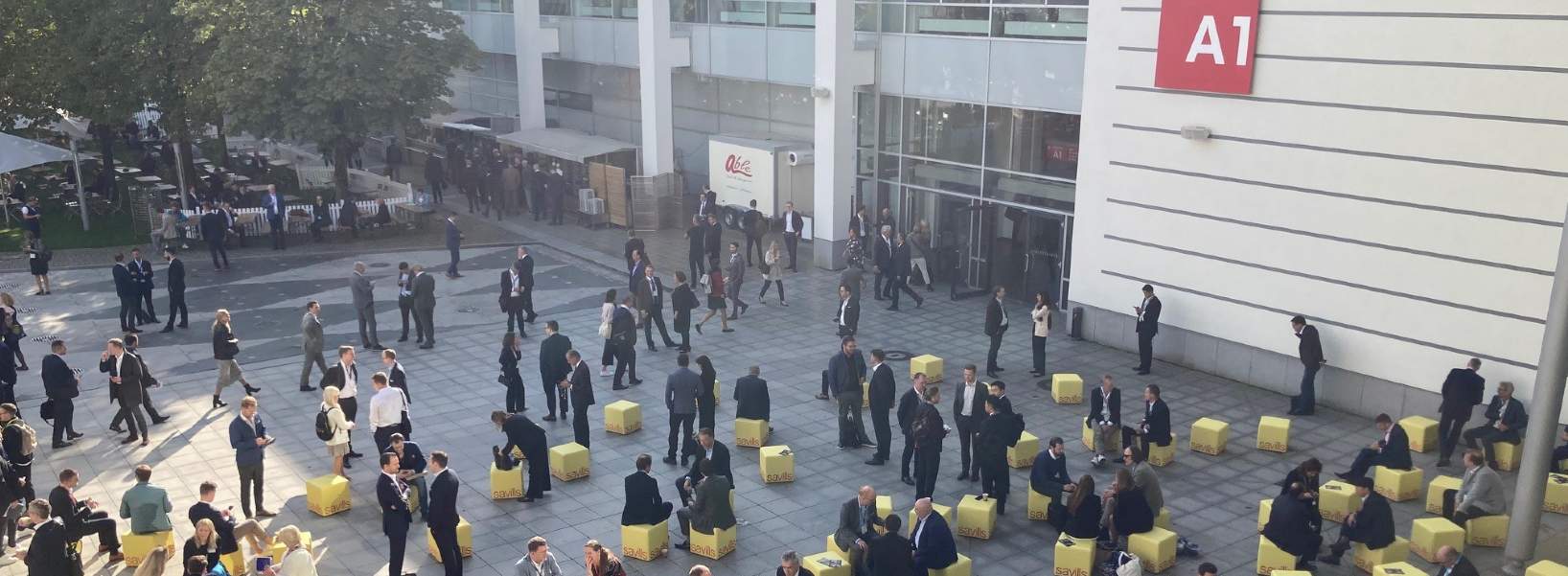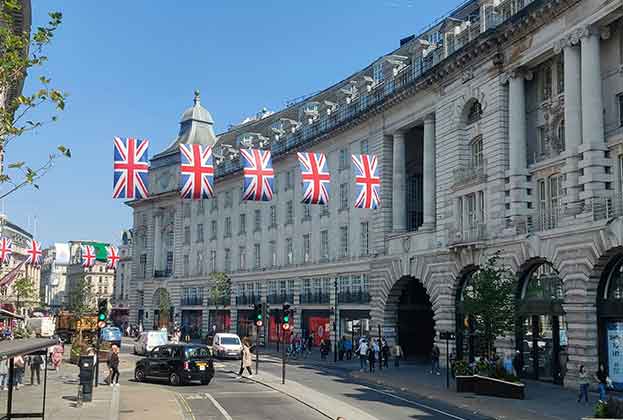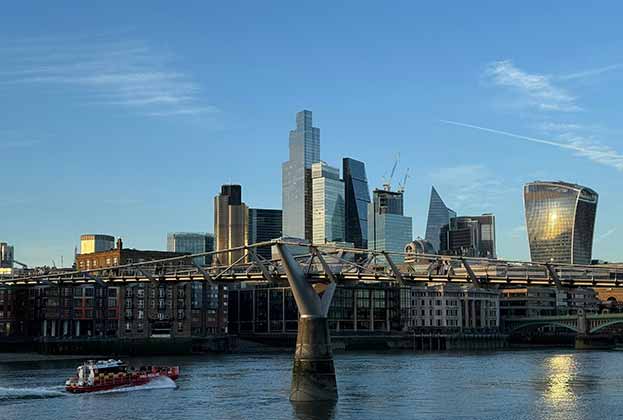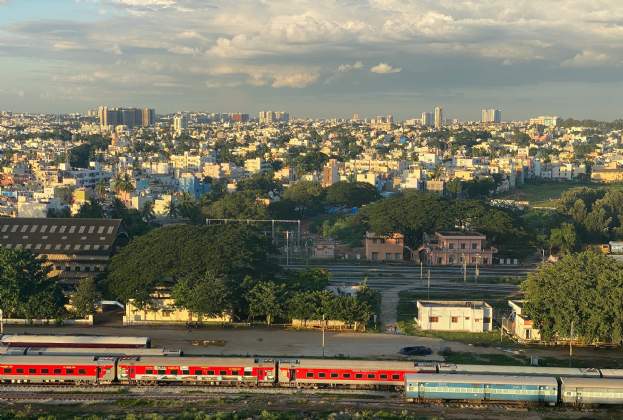Last week, the heart of Munich buzzed as 40,000 European real estate experts, and professionals converged for Expo Real 2023 to exchange knowledge and expertise and engage in discussions on the future of real estate.
Amidst the vibrant atmosphere, conversations reflected some common concerns amongst participants: the escalating cost of capital, the inflation in construction costs, the shadow cast by the war in Ukraine, and the looming energy crisis. These challenges have been contributing to a significant downturn in investment and construction activities in the real estate sector over the past few quarters. In Q3 2023 global investment activity was down by 59 per cent year-on-year.
It's a complex puzzle that demands careful consideration of multiple variables.
The industry is closely watching for signs of economic stabilisation and a hint of monetary policy easing. A stable economic environment is crucial for boosting confidence and encouraging investment. It sets the tone for recovery and growth.
The surge in financing costs and tightening refinancing terms have left some real estate assets under financial stress. Although we have not witnessed a significant influx of distressed assets so far, industry specialists expect that as owners seek to prevent potential defaults, they will start making way into the market. This is expected to create new opportunities for investors.
Another aspect is the necessity of adjusting valuations to align with market pricing levels. This adjustment can potentially facilitate smoother selling of assets and unlock new opportunities for growth and development.
A major concern echoing throughout the conference was the future of office spaces. Institutional investors, long-time advocates for offices (office investment share has dropped from a historic average of 26 per cent pre-pandemic to 18 per cent post-pandemic), are now exploring alternatives, questioning whether this shift is cyclical or a fundamental structural transformation. Factors like remote work have altered occupier behaviours, leading to cost-saving opportunities and a shift towards high-quality, well-located spaces. The current consensus is that some form of hybrid working is likely here to stay in some markets, with professionals working from home at least once or twice a week. As the industry anticipates signs of economic recovery, the demand for top-tier, strategically situated office spaces is expected to resurge. Factors like innovative office designs, flexibility, sustainability, and enriched urban amenities will play a pivotal role in attracting and retaining talent.
Developers and investors are increasingly recognising the importance of sustainability and social impact in their projects. Redevelopment and regeneration initiatives are being designed with climate change and community welfare in mind. Striving to create environments that positively impact local communities is a growing priority. Sustainability, both environmental and social, is not just a trend but a fundamental shift in industry values.
As we navigate through a period of uncertainties, Expo Real demonstrated that the industry is well-equipped to navigate the challenges with innovative strategies and sustainable practices to shape a resilient future for the industry.
Further information
Contact Eri Mitsostergiou





.jpg)

.jpg)


.jpg)